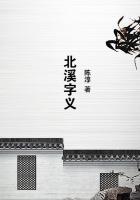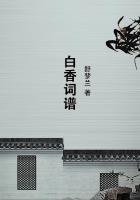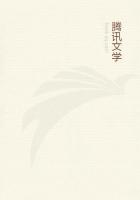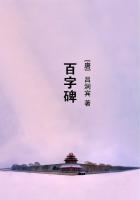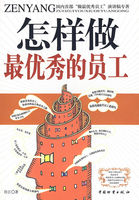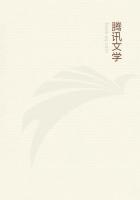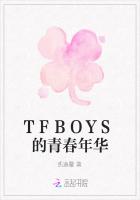§1.Although it is no part of my purpose to endeavour to set forth the facts and laws of the historical evolution of modern industry, it will be useful to make some brief allusion to the origins of industry and property, so as to give concrete meaning to the stress laid upon organic processes in our interpretation.For just in proportion as it is realised that industry has all its earliest roots in the primary organic needs of man, will assent more easily be given to the proposal to adhere to the organic conception of welfare in valuing modern economic processes.
It is not easy to ascertain where the activities which we term industrial first emerge in the evolution of organic life.Every organism selects, appropriates, and assimilates matter from its environment, in order to provide for growth or waste of tissue and energy given out in the general course of its vital processes, including the activities of procuring food, protection against organic or inorganic dangers, and the generation, rearing, and protection of offspring.Nutrition and function are the terms usually applied to describe the primary balance of the vital processes of intaking and outputting energy.The organism feeds itself in order to work.It seems at first as if we had here laid down in the origins of organic life a natural economy of production and consumption.But do the organic processes of feeding, choosing, appropriating, and assimilating food, constitute consumption, and do the other activities for which food is utilised constitute production?
Reflection will show that there is very little intellectual service in pressing sharply this distinction.The active life of an organism consists in a round of nutritive, protective, generative processes, each of which, from the standpoint of individual and species, may be regarded alike as productive and consumptive.A plant drives its suckers into the soil in search of the foods it needs, disposes its leaves to utilise the light and air or for protection against the wind, assimilates its organic food by the use of its stock of chlorophyl, distributes it throughout its system for maintenance and growth, and directs that growth so as to safeguard its own existence and to provide itself with favourable opportunities of fertilisation by insect or other agencies.If due account be taken both of the cellular life within the individual and of the specific life of this plant organism, the whole of the processes or activities appears to be nutritive, each act of nutrition being associated with some other function in the evolution of the cell, the organism, the species.It would be as plausible to assert that every other function, protective, generative, or other, was undertaken for the nutrition of the individual or the species, as to assert the opposite.But, without entering into the delicate metaphysics of this question, we may confidently affirm that in this elementary organic life nutrition and function cannot be regarded as mutually exclusive processes, while the economic contrasts of production and consumption, work and enjoyment, cost and utility, have no clear application.If we approach a stage nearer to human life, we begin to find, in the life of either the lower or higher animals, some organic activities to which the term industry appears applicable.
The long, arduous, complex and painful output of energy, consciously put forth by many animals in the search for food, sometimes in the storage of food, in the provision of shelter, in some instances in the use of tools or weapons, in processes of cooperation and division of labour for migration, protection, or combat, certainly approaches what we recognise as industry.
It involves a painstaking interference with the material environment for the purposive attainment of some distinct object consciously regarded as desirable, which is of the essence of industry.It may, however, be objected that such processes, though resembling human industry in the intricacy and technical skill involved, are not really purposive in the rational sense, but are merely instinctive, and that, as such, they ought to be distinguished from the rational conduct of human industry.Thus, it is contended that, though the efforts given out by many animals in procuring food, protection against enemies, or provision of shelter, formally correspond with familiar processes of human industry, the direction of instinct makes the application of this term improper.But, as we proceed further into our psychological analysis of human work, we shall find so large an element of admitted instinct in many forms of it as to preclude us from admitting that 'rational' direction is essential to industry.It is, therefore, permissible for us to give a provisional recognition to such animal activities as containing some, at any rate, of the essential characteristics of 'work' or 'industry'.
Indeed, the evident resemblance of these regular activities of animals in seeking food, shelter and protection, to the activities of primitive man applied to the same definitely organic satisfactions, would preclude us from denying to the lower animals what we must admit in the case of men.For, even in primitive men, possessing a certain use of tools and weapons, and a higher degree of cunning in dealing with their environment, the drive and direction of organic instincts and impulses, as distinguished from reflection and reason, appear to be hardly less dominant than in their animal kindred.Unless we arbitrarily reserve the concepts work and industry for a higher stage of social evolution, in which some measure of settled life with tribal and personal property and calculated provision for future wants have emerged, it will be well to seek the roots of the elaborated industrial system which we wish to interpret in these rudimentary and mainly instinctive activities of animals and savage men.

